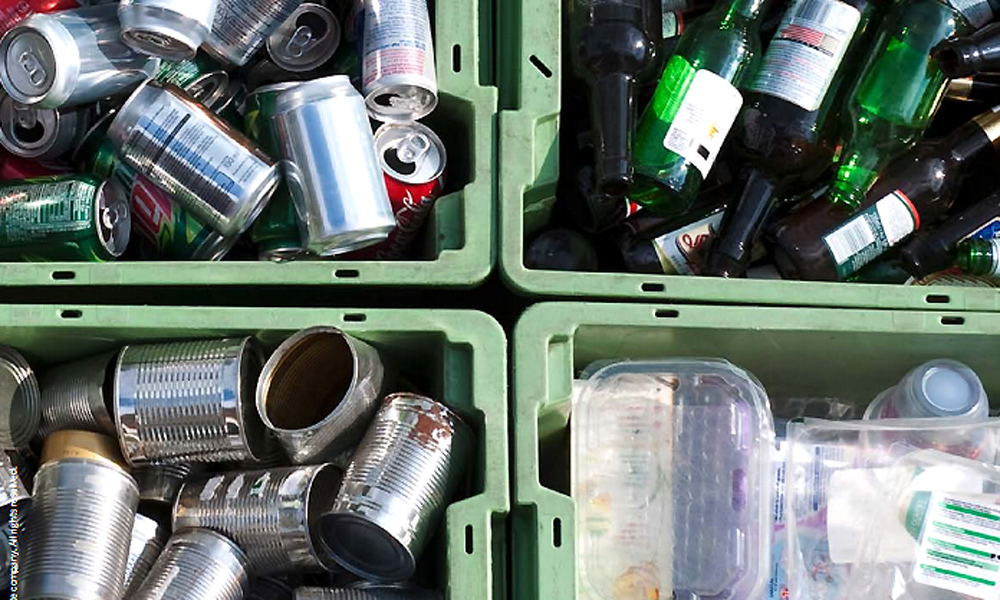South Africa has its suite of unique challenges. More than a century of mining activities have created toxic pollution problems that demand urgent action. Yet that is interdependent on overall waste management: if the small problems remain a challenge, the big problems are not going to be toppled. The country’s legacy which created racially segmented, desperately poor and utterly underserviced regions, also places waste management at the tip of the transformation spear.
Quality of life, above all, is something every citizen strives for. Clean streets and clear water are the most obvious measuring sticks for that quality. It is interesting that since Rwanda banned plastic bags, which resulted in a massive decline of casual pollution, the country’s impression with visitors has also grown tremendously.
If only the solution was as easy to make as that statement. Waste collection has to operate like clockwork or risk cascading into a series of massive disruptions. For example, the breakdown of a single truck can delay collection by a day, not only leading to upset citizens but a ripple effect across the entire management ecosystem. At the same time waste management outfits are under pressure to cut operational costs, so there may simply not be another truck to deploy.
Yet even if there was an available vehicle, how can operations identify the problem in an actionable time frame, all while managing the disruption over other areas? In some scenarios, such as a worker strike, the delays can become catastrophic, requiring weeks – even months – to recover all the overflow waste and align schedules back to normal.
There are three core problems that affect waste management systems:
– no end-to-end control
– processes and information trapped in silos
– inability to respond and plan in real-time to scenarios
In recent years a lot of noise has been made around the concept of Smart Cities. Waste management groups cannot be blamed for rolling their eyes when hearing about yet another futuristic solution to a complicated set of challenges. Yet in some cases hype and reality do meet up. By integrating tried and tested waste management solutions with an Enterprise Resource Planning culture, the ambition of a real time, end to end approach to reducing garbage is attainable.
SAP has partnered with waste management expert Prologa, to address the challenges around this industry: from route planning, real-time equipment oversight, staff management and citizen services to meeting regulatory benchmarks and forward-planning through data collection and predictive analytics.
The SAP Waste and Recycling application melds with an SAP ERP system. Through this solution managers can control equipment age, track disposal bins, align pickup schedules to refuse levels in bins, plan routes with on-the-ground feedback, comply to environmental laws, facilitate recycling economies and more.
SAP waste management technology solutions have many possibilities that are developing from day to day. Amongst others, they are currently also playing a role in helping manage issues related to infectious disease outbreaks in Africa, such as cholera and Ebola. In another example, the central African nation of Gabon is growing its appeal as a tourism destination by tackling the waste problems of its capital Libreville. The city’s inhabitants also quickly cottoned onto the benefits of a cleaner environment, resulting in less littering and proactive beautification of the area.
These are not concepts of tomorrow. Smart technologies are slowly expanding into modern urban environments, fuelled by the growth of high speed fibre and mobile networks. Seoul in South Korea is one of several cities with trails of smart garbage bins: these will send notifications when they need to be emptied, thus saving unnecessary trips and enabling a proactive approach to waste disposal. The project yields a 20% reduction in waste removal trips.



